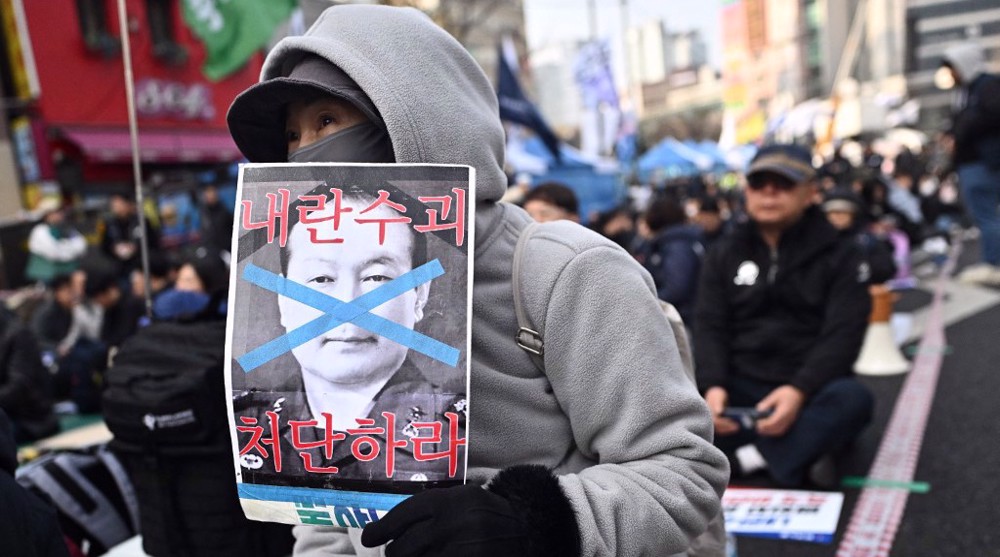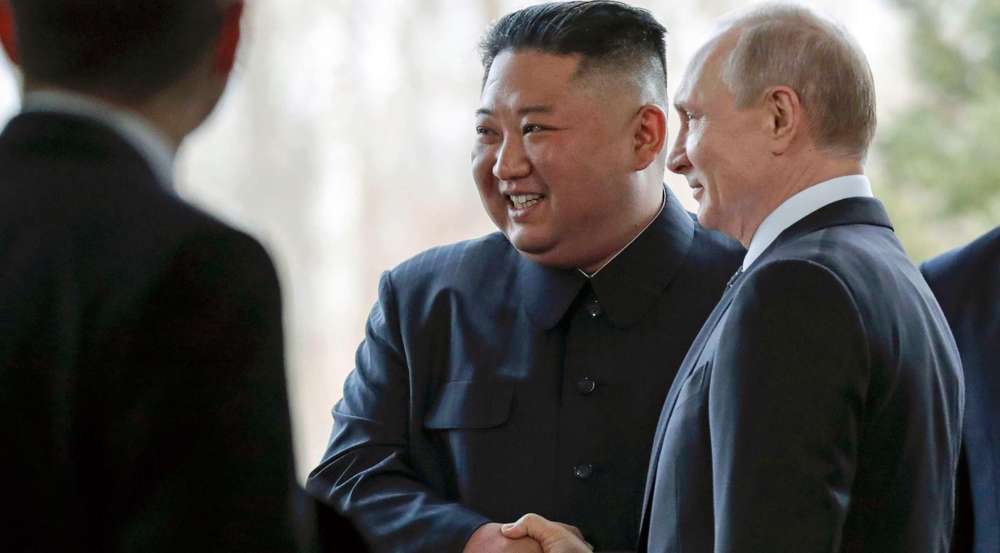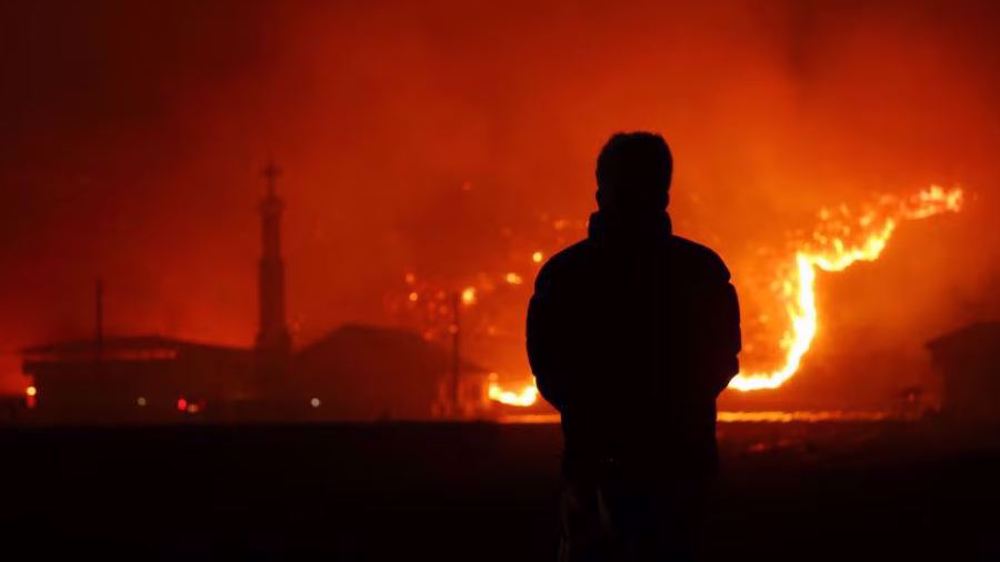South Korea says looking into ‘various options’ to protect ships in Persian Gulf
South Korea says it is examining “various options” to protect ships sailing through the Strait of Hormuz, refuting earlier reports that it will join a US-led military coalition to deter what Washington calls Iran’s threat to shipping in the Persian Gulf region.
“It is obvious that we have to protect our ships passing through the Strait of Hormuz, isn’t it? So we’re considering various options,” said Col. Roh Jae-cheon, the South Korean defense ministry’s deputy spokesman, in a briefing on Monday.
“Some news reports have mentioned a dispatch of troops close to the current Cheonghae Unit, but nothing has been decided,” he stressed, referring to the South Korean Navy’s anti-piracy unit that has been working off the shores of Somalia, in the Gulf of Aden, for the past decade.
The latest remarks by South Korean Defense Ministry official refuted previous media reports denoting that the country had decided to send a naval unit to the Strait of Hormuz to protect its ships.
Earlier on Monday, Reuters reported that South Korea planned to contribute to a US-led maritime force in the Middle East by sending a naval unit, which includes a destroyer, to help guard oil tankers passing through the Strait of Hormuz.
Quoting South Korea’s Maekyung business newspaper, which in turn cited an unnamed senior government official, Reuters said Seoul had decided to dispatch the anti-piracy Cheonghae unit operating in waters off Somalia, possibly along with military choppers.
US Marine General Joseph Dunford, chairman of the Joint Chiefs of Staff, said on July 9 that Washington was proceeding with plans to form the so-called international maritime security force purportedly aimed at ensuring freedom of navigation in waters off Iran and Yemen.
A number of oil tankers were suspiciously targeted near the Persian Gulf last month, with the US and its ally Saudi Arabia quickly blaming the Islamic Republic for the suspicious attacks.
However, Tehran has rejected the accusations as unfounded, saying the suspicious incidents in the Sea of Oman appear to be false flags by "foreign players" meant to frame the Islamic Republic.
Furthermore, Iran recently stopped a British vessel Stena Impero after it breached international maritime laws by crossing a prohibited maritime passage in the Strait of Hormuz. The vessel was transferred to Iran’s Bandar Abbas for legal proceedings.
It also stands accused of colliding with an Iranian fishing boat and ignoring its distress calls despite causing major damage to the boat. The crew of the Iranian boat also sustained critical injuries.
Iran’s move was immediately interpreted as a retaliatory response by Tehran to the UK's impounding of the Iran-operated oil supertanker Grace 1 off the coast of Gibraltar, two weeks earlier. Iranian officials have denied the claim.
Tehran has strongly condemned the seizure as “maritime piracy” and has vowed to employ all its political and legal capacities to secure the release of Grace 1 and uphold its rights.
Last week, US National Security Advisor John Bolton visited South Korea. His trip to the South increased speculation on a possible dispatch of soldiers and military vessels to the Persian Gulf region, an issue he was highly expected to raise during the visit and ask for South Korea’s contribution to help get the the US-led initiative done.
However, the deputy spokesman of South Korea's defense ministry confirmed on Monday that Seoul Bolton made no official request during his meeting with Defense Minister Jeong Kyeong-doo last Wednesday.
“We are keeping close tabs on the situation of the Strait of Hormuz to brace for various possibilities,” Roh added.
Washington has engaged in significant regional military buildup, including by sending an aircraft carrier, a bomber task force, an assault ship, and around 1,500 additional forces to the Middle East.
Iran has repeatedly said that it does not seek military confrontations with the US, yet stands ready to defend its interests in the region.

South Korea's court removes president over martial law controversy

Official: Russia preparing for visit by North Korean leader

'Unprecedented damage': 24 killed in South Korea's worst wildfire
Full-blown famine grips Gaza as 91% of population faces extreme food insecurity: NGO
VIDEO | Press TV's news headlines
Iranian FM informs Saudi counterpart about indirect talks
VIDEO | Pakistani parliament adopts resolution against Israeli atrocities in Gaza
Iran: Second round of indirect talks with US will be held in Oman
China urges US to ease trade tensions via ‘equal dialogue’
‘Hamas not defeated, military overstretched’: Israeli army chief
Iran, Armenia should elevate ties to strategic partnership: Deputy FM









 This makes it easy to access the Press TV website
This makes it easy to access the Press TV website